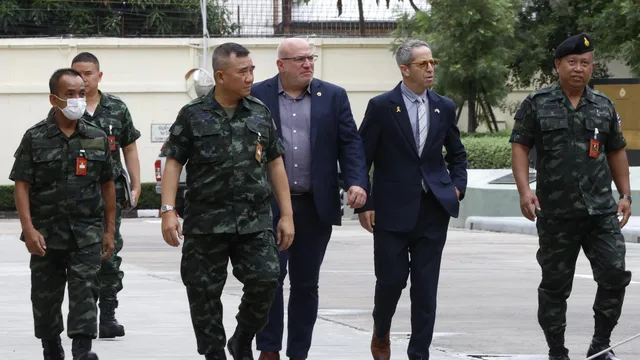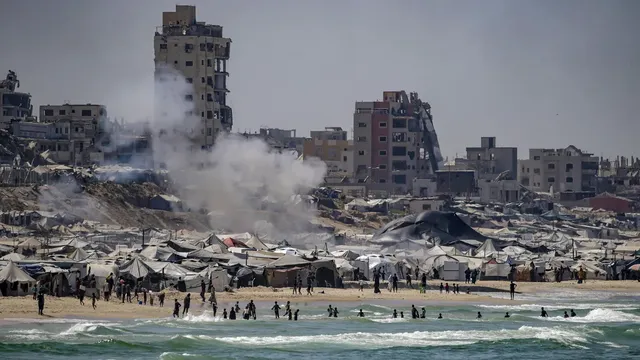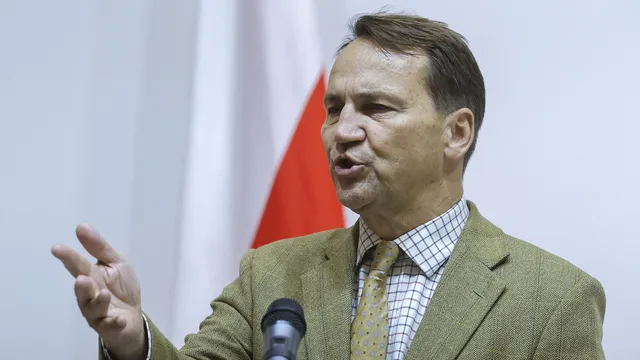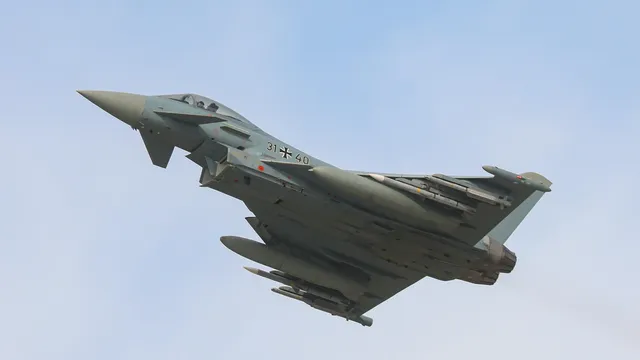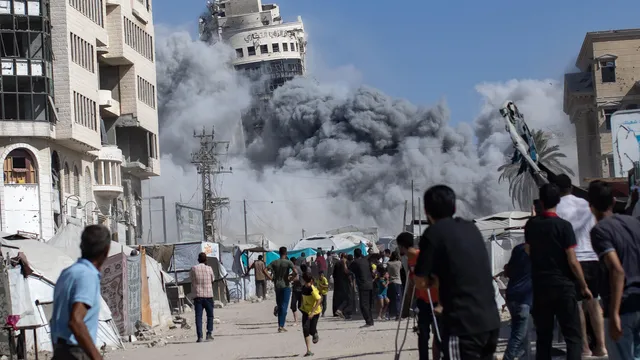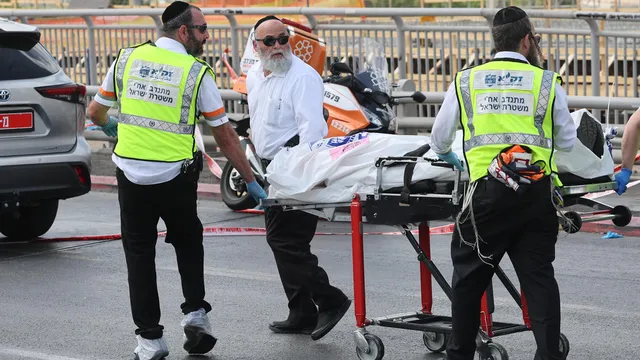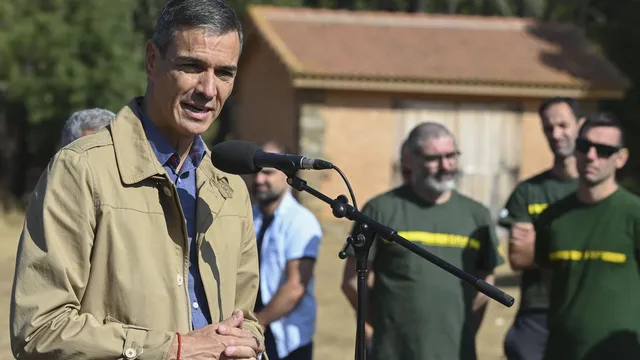Thailand launched air strikes on military targets in Cambodia after Cambodia fired rockets and artillery shells, killing one civilian, in a dramatic escalation of the long-running border conflict between the two neighboring countries.
The neighboring countries are embroiled in a bitter dispute over territory known as the "Emerald Triangle," where the borders of the two countries and Laos meet and where several ancient temples are located.
The dispute has been going on for decades and more than 15 years ago escalated into bloody military clashes, which were repeated in May when a Cambodian soldier was killed in a firefight.
The conflict flared up today when Cambodia fired rockets and artillery shells at Thailand, and the Thai army sent F-16 fighter jets to carry out air strikes, AFP reported.
Six fighter jets were dispatched from Ubon Ratchathani province and struck two "Cambodian military targets on the ground," according to Thai army deputy spokesman Richa Sukhsuwanon.
The Thai prime minister's office said a Cambodian artillery shell had hit a house across the border, killing one civilian and wounding three others, including a five-year-old child.
The two sides blame each other for starting the fighting, which broke out near two temples on the border between Thailand's Surin province and Cambodia's Oddar Meanchey province.
"The Thai military violated the territorial integrity of the Kingdom of Cambodia by launching an armed attack against Cambodian forces deployed to defend the country's sovereign territory," said Defense Ministry spokeswoman Maly Sokha.
"In response, the Cambodian armed forces exercised their legitimate right to self-defense, in full accordance with international law, to repel the Thai incursion and defend the sovereignty and territorial integrity of Cambodia," she added.
The Thai military accused Cambodian soldiers of firing first and later accused them of a "targeted attack on civilians," saying that two BM-21 rockets hit a village in the Kap Choeung area of Surin, injuring three people.
According to the Thai army, the clashes began at around 7:35 a.m. local time when a unit guarding the Ta Muen temple heard a Cambodian drone overhead.
Later, six armed Cambodian soldiers, one of whom was carrying a rocket-propelled grenade, approached a barbed wire fence in front of the Thai post, the army said.
Thai soldiers warned them with shouts, but at around 8:20 a.m., Cambodian forces opened fire on the eastern side of the temple, about 200 meters from the Thai base.
Thailand's interim Prime Minister Phumtham Vechaichai stressed that "the situation requires careful handling and we must act in accordance with international law."
"We will do everything possible to protect our sovereignty," he added.
The Thai embassy in Phnom Penh urged its citizens to leave Cambodia "as soon as possible" unless they had urgent reasons to stay, in a Facebook post.
The violence erupted hours after Thailand expelled the Cambodian ambassador and recalled its ambassador in protest after five members of a Thai military patrol were wounded by a landmine.
Veichy said a Thai army investigation had found evidence that Cambodia had planted new anti-personnel mines in the disputed border area, a claim Phnom Penh denied.
Cambodia announced that it was downgrading relations to "the lowest level," withdrawing all but one of its diplomats and expelling Thai diplomats from Phnom Penh.
In recent weeks, the two countries have exchanged a series of retaliatory measures, with Thailand restricting border crossings and Cambodia halting some imports.
The border conflict also triggered a domestic political crisis in Thailand, where Prime Minister Prayut Chan-o-cha was suspended from office pending an ethics investigation into his conduct.
Diplomatic talks between Paetongtharn and Hun Sen, Cambodia's long-time former leader and father of Prime Minister Hun Manet, were withdrawn by the Cambodian side, leading to a judicial investigation.
Last week, Hun Manet announced that Cambodia would begin recruiting civilians from next year, activating a long-delayed law on compulsory military service. | BGNES

 Breaking news
Breaking news
 Europe
Europe
 Bulgaria
Bulgaria
